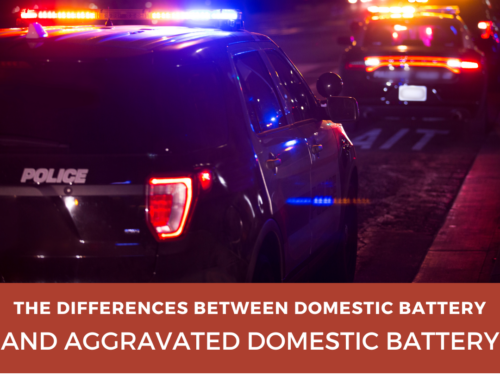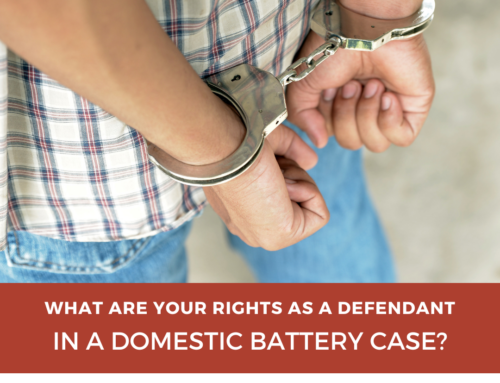In the state of Illinois, is it possible to be charged with domestic battery for fighting with a member of your spouse’s family (your in-laws)? This guide explains.
Can You Be Charged With Domestic Battery for Fighting With Your In-Laws?
You can be charged with domestic battery for fighting with your in laws in the state of Illinois, but only under specific circumstances. The bottom line is that the Illinois Domestic Violence Act, or IDVA, has a long list of relationships that count when it comes to domestic battery charges. One of those relationships is that of individuals related by blood through a child. If you have a child who is also related to the person on the other side of your case, it is possible for the state to charge you with domestic battery. If you don’t fall into that category, provided that you don’t fall into any other family or household relationships outlined in the IDVA, you may be charged with battery (just not domestic battery).
Related: What to do if your spouse lies about domestic battery
A Word on Family Relationships and Domestic Battery Charges
The IDVA Is very broad when it comes to defining family and household relationships. In fact, you can be charged with domestic battery if the alleged victim shares any of the following relationships with you:
- spouses and ex-spouses
- blood related family members
- coparents
- current or former roommates
- people who are related by blood through a child
- parents or stepparents and children
- elderly or disabled adults and their caregivers
Related: Can minors be charged with domestic battery in Illinois?
What to Do if You’re Accused of Domestic Battery for Fighting With Your In-Laws
If the state of Illinois accuses you of domestic battery for fighting with an in-law, you should probably speak to an attorney as soon as possible. That’s true even if you are not guilty. Your attorney will ask you several questions about the alleged incident, the nature of your relationship with the alleged victim, and what happened leading up to your arrest. Your attorney needs as much information as possible to build a solid defense for you. And while there’s no way to predict how a judge will rule in any case, working with an attorney may help you get the best possible outcome.
Related: Should you confess to domestic battery?
Do You Need to Talk to an Attorney About Domestic Battery Defense?
If you need to talk to a domestic battery defense attorney in Illinois, we’re here to help. Call us at 847-920-4540 now – we’ll be happy to give you a free consultation and talk to you about your options.







Leave A Comment
You must be logged in to post a comment.